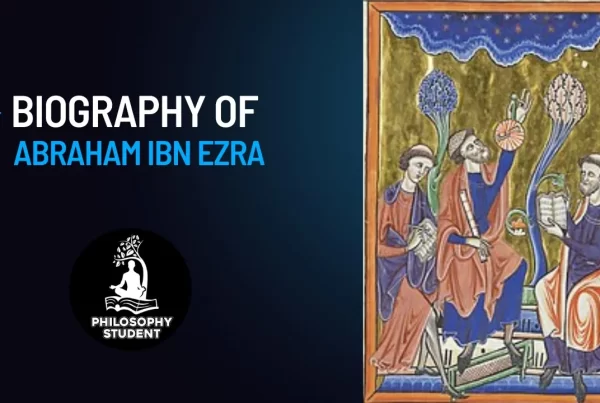The philosophy of mathematics is traditionally concerned with the ontological and epistemological foundations of mathematics. The two questions, of ontology and epistemology, are intimately related, as a satisfactory account of our mathematical knowledge often entails a more controversial metaphysics, and vice versa. On the one hand, it would appear that our mathematical knowledge cannot be understood in terms of our empirical knowledge, as mathematics is both more reliable (mathematical truths are necessary truths) and can be grasped independently of experience (mathematical knowledge is a priori knowledge). This has led some philosophers to argue that mathematics is concerned with sui generis mathematical objects, which exist independently of the physical world. On the other hand, it is difficult to see how we could have epistemic access to causally isolated mathematical objects. This has led some philosophers to argue that mathematics is concerned with mental operations or the manipulation of arbitrary formal systems. But, contemplating this view, it is hard to see how such finite bases could ground either the reliability of our mathematical knowledge or its scope.
Many of these debates have their origin in the early twentieth century and the foundational crisis in set theory. The proposals offered in response to the various paradoxes of impredicative definition (for example, “the set of all sets that are not members of themselves”) have established the pattern for the major philosophical positions still debated in the literature. These positions include adopting the further regimentation of our mathematical practice (such as a hierarchy of constructions that prevent the paradoxes being stated); showing that certain “problematic” branches of mathematics can, at least in principle, be eliminated as mere conversation extensions over the more secure branches; or recognizing
that the legitimate scope of our mathematical practices are constrained by the existence of actual mental constructions.
All three of these positions face significant technical challenges but nevertheless remain open projects. By contrast, more recent work in the philosophy of mathematics has attempted to reconsider the relationship between mathematics and the natural sciences, maintaining that since mathematics plays an indispensable role in our scientific theories, the same arguments deployed for ontological commitment to sub-atomic particles, for instance, apply similarly to numbers and sets.




































